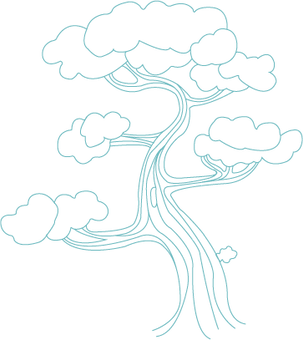

Truth is an eternal conversation
about things that matter,
conducted with
passion and discipline.
"
"
- Parker Palmer
Articles
& Resources
What is Supervision and Reflection-in-Action?
IIRAS coordinates opportunities for interpreting practitioners to participate in online peer group supervision sessions.
Supervision
Education
IIRAS provides education and credentialing for practitioners who want to develop and demonstrate competence in the demand control schema supervision facilitation.
Consultation
IIRAS consults with groups, teams, and organizations, developing customized packages to meet unique professional and educational needs.
IIRAS Services
Learn about DC-S
University of Rochester
Medical Center, Deaf Wellness Center
IIRAS has found the demand-control schema (DC-S) to be a helpful construct that promotes rich structured discussions and leads to deeper reflection and learning within supervision sessions.
Supervision in Signed Language Interpreting
Jenna Curtis, Western Oregon University, Masters in Interpreting Studies Thesis
Recent research provides evidence that the practice of peer group supervision benefits in the areas of enriched learning (formative), increased professional standards and accountability (normative), and support for the wellbeing of the practitioner (restorative).
“I don’t think we’re supposed to be talking about this”
Robyn Dean, AVLIC
Dean's (2009) article suggests a shift in current practice to more reflective professional engagement with our colleagues through supervision and case-conferencing.
Dean & Pollard (2011), state: “we use the term supervision in the way psychologists and other mental health professionals use it – describing a supportive, confidential, interactive dialogue between two (or more) professionals regarding their work with consumers, the goal of which is to enhance professional practice. Engaging in reflective learning, such as through supervision, are ways that many practice professionals pursue a career-long process of maintaining effective awareness and management of the intrapersonal elements of their professional activities....”
Schön (1983) describes reflection-in-action as reflecting on the incident while it can still benefit that situation rather than reflecting on how you would do things differently in the future. This is the practice of continuous reflection and analysis of real-time decision making and dynamic shifts in the setting to respond responsibly in the moment. Reflection-on-action is also a vital tool as it serves to inform and equip practitioners to more accurately reflect-IN-action in the future.


